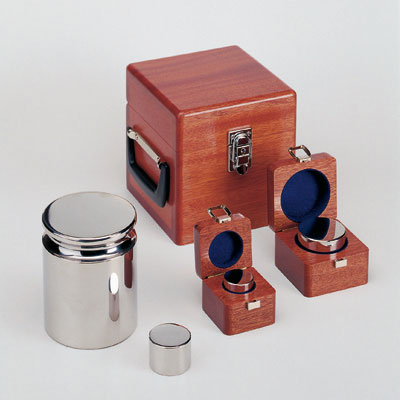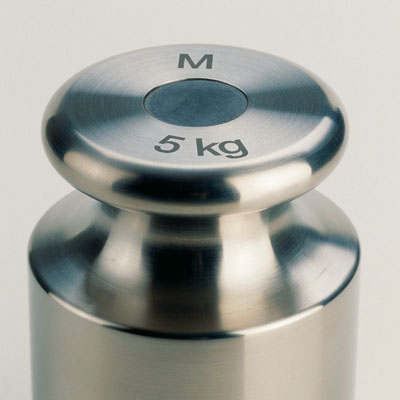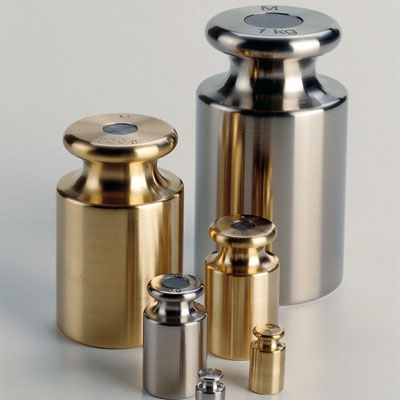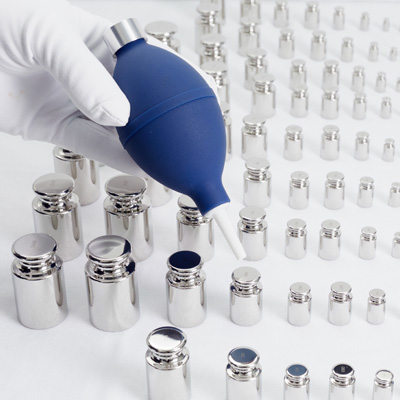Redefinition of the kilogram and traceability
Calibration of scales
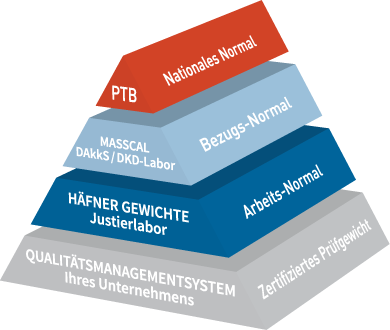
The Avogadro experiment and the Watt scale are the cornerstones of the redefinition of the kilogram. They represent two independent ways of realizing the redefinition. The unit kilogram is now defined as the mass of the original kilogram, which is kept in a safe in Sèvres near Paris at the Bureau International des Poids et Mesures (BIPM). International efforts aim to relate all basic units such as the second, metre, kilogram and ampere to natural constants only in the future, thus creating a system of units that is independent of artefacts. To this end, the Avogadro experiment determines how many atoms are contained in nearly perfect silicon spheres.
Weights used for the adjustment, calibration or testing of balances must be traceable to the national standard. This ensures that the test standards of different laboratories are consistent with each other.
Traceability is defined as the property of a measurement result or standard which is related to suitable national or international standards by an unbroken chain of comparative measurements with stated measurement uncertainties and is thus traceable to a generally valid basic physical quantity.
These comparative measurements are carried out in national metrological institutes and accredited calibration laboratories. Each connection (traceability) is documented by a test or calibration certificate indicating the deviation from the nominal value detected and the measurement uncertainty.












